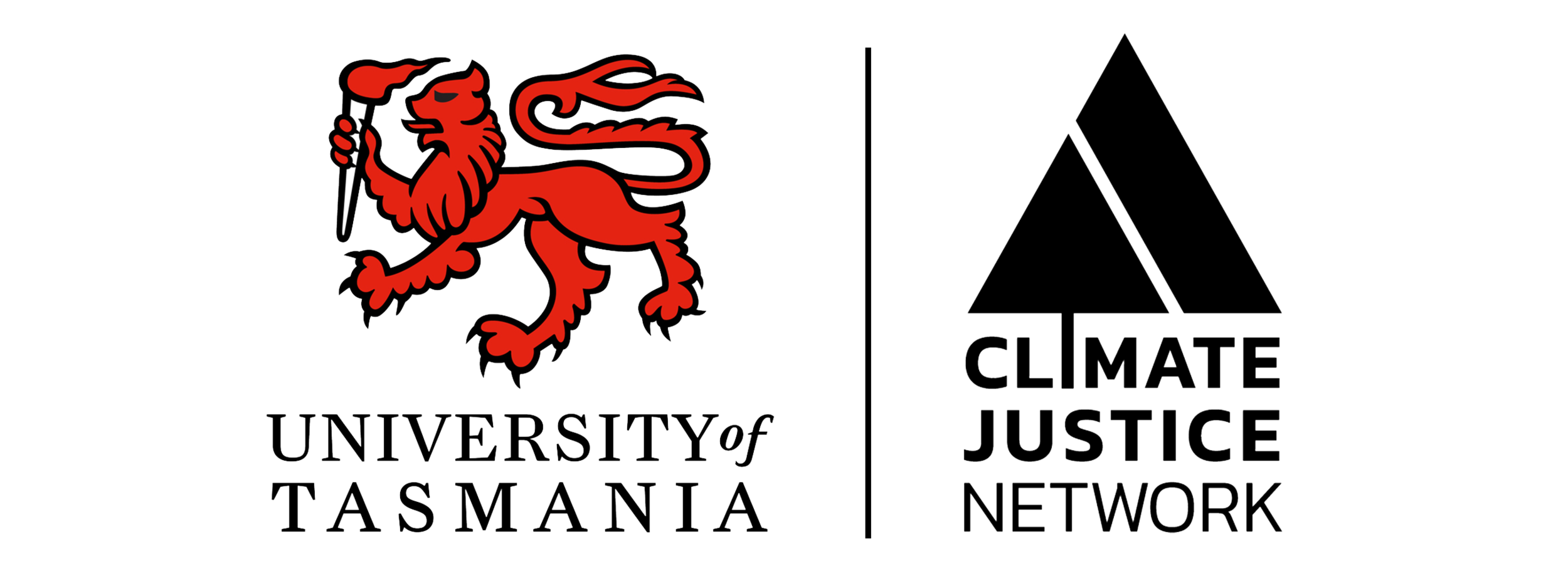The Queensland government’s royalty holiday to Adani violates World Trade Organisation rules
Fossil fuel subsidies should be prohibited and phased out globally. They encourage, rather than deter, the extraction and consumption of fossil fuels, and in doing so set the world back in efforts to address the climate crisis, including through the achievement of the Paris Agreement’s goal to limit global warming to 2°C, and as close to 1.5°C as possible.
Yet the Australian Government, amongst others, continues propping up the coal, oil and gas sectors with public money. The Prime Minister has spoken of a ‘gas-fired recovery’ from the economic hit of the COVID-19 pandemic, a frightening concept following the 2019-2020 Australian bushfire season. To deal with one crisis by exacerbating another is of course not a sensible way to ‘recover’.
And gas is just one fossil fuel the Government seems determined to support financially. Set to be Australia’s largest mine, the Carmichael Coalmine is being developed in Central Queensland by Bravus Mining and Resources (Bravus), formerly Adani. The Queensland Government has granted the mine a seven-year ‘royalty holiday’, which means postponing the payment of royalty fees for coal sold from the Carmichael Coalmine.
Internationally, subsidies are regulated by the World Trade Organisation’s (WTO) Agreement on Subsidies and Countervailing Measures (ASCM). The ASCM specifically prohibits certain subsidies and classifies other subsidies as ‘actionable’ if they cause adverse effects to other WTO Members.
Is the royalty holiday a subsidy?
For the purposes of the ASCM, a subsidy is deemed to exist if there is a financial contribution by a government or public body and a benefit is thereby conferred. The agreement between Bravus and the Queensland government is that the royalties will be deferred and eventually repayable with interest, which constitutes a loan. While the royalty holiday is not an explicit ‘transfer’ of funds, similar measures including tax concessions and the modification of a loan through debt forgiveness have been held to constitute a direct transfer of funds by the WTO in the past, fitting within its definition of a ‘financial contribution’. Moreover,the annual interest rate of 2-3% is more favourable than any commercial loan available to other Queensland industries or to Queenslanders themselves, meaning the loan confers a benefit to Bravus.
It the royalty holiday prohibited by the WTO?
The ASCM prohibits certain subsidies, including those contingent in law or fact on export performance.
The negotiations of the royalty holiday at issue were shrouded in secrecy, and there has been no disclosure of the loan’s value, size, the length of repayment, or the type of security. We cannot know whether its granting was contingent in law on export performance.
But a subsidy is de facto export contingent when its granting is ‘geared’ to promote the recipient’s ‘future export performance’. Factors that can indicate export contingency include the country’s awareness that their domestic economy is unable to absorb the subsidized product’s production, the recipient’s export orientation, and the scale of exports, amongst other things.
The ASCM is clear that a WTO Member, which Australia is, shall neither grant nor maintain subsidies contingent, in law or in fact, upon export performance.
We know that coal production for domestic consumption, especially on the scale proposed by Bravus, is unnecessary. Demand is met by current production levels, and renewables continue to decrease domestic demand for coal. The Australian economy is unable to absorb the Carmichael Coalmine’s coal. Bravus is clearly export orientated, making well known its intention to export coal primarily to India. And the scale is vast: the Carmichael Coalmine will produce over 2.3 billion tonnes of coal over its 60-year lifespan.
Based on these factors, it seems the royalty holiday is indeed de facto export contingent, and hence prohibited by the WTO’s ASCM.
What next?
Despite the vast scale of fossil fuel subsidies globally, no disputes have been brought before the WTO challenging them under the ASCM. They seem to be tolerated despite being at odds with the WTO’s core values of open markets and trade liberalization, as well as its commitment to sustainable development.
In theory, any WTO member that has reason to believe that a prohibited subsidy is being granted or maintained by another member may refer the matter to the Dispute Settlement Body. This Body will establish a panel to determine whether the measure in question is a prohibited subsidy, and will recommend the subsidy be removed if it is found to be prohibited.
However, the lack of transparency in subsidy reporting in accordance with ACSM requirements may prevent members from taking action on, or negotiating an end to subsidies. The strongest hope for action lies in non-government organisations, notifying Bravus royalty holiday to the WTO Secretariat’s Trade Policy Review Body. This body regularly reports on the trade policies of WTO members, which can shame members into compliance with WTO law, and encourage others to take action through the WTO’s dispute settlement system.
Andonny Papastamatis is a final year Bachelor of Arts and Bachelor of Laws student at the University of Tasmania
Camilla More is a researcher and Australian-qualified lawyer, specialising in international climate law and policy. She holds a Bachelor of Science and Bachelor of Laws with Honours from the University of Tasmania.
